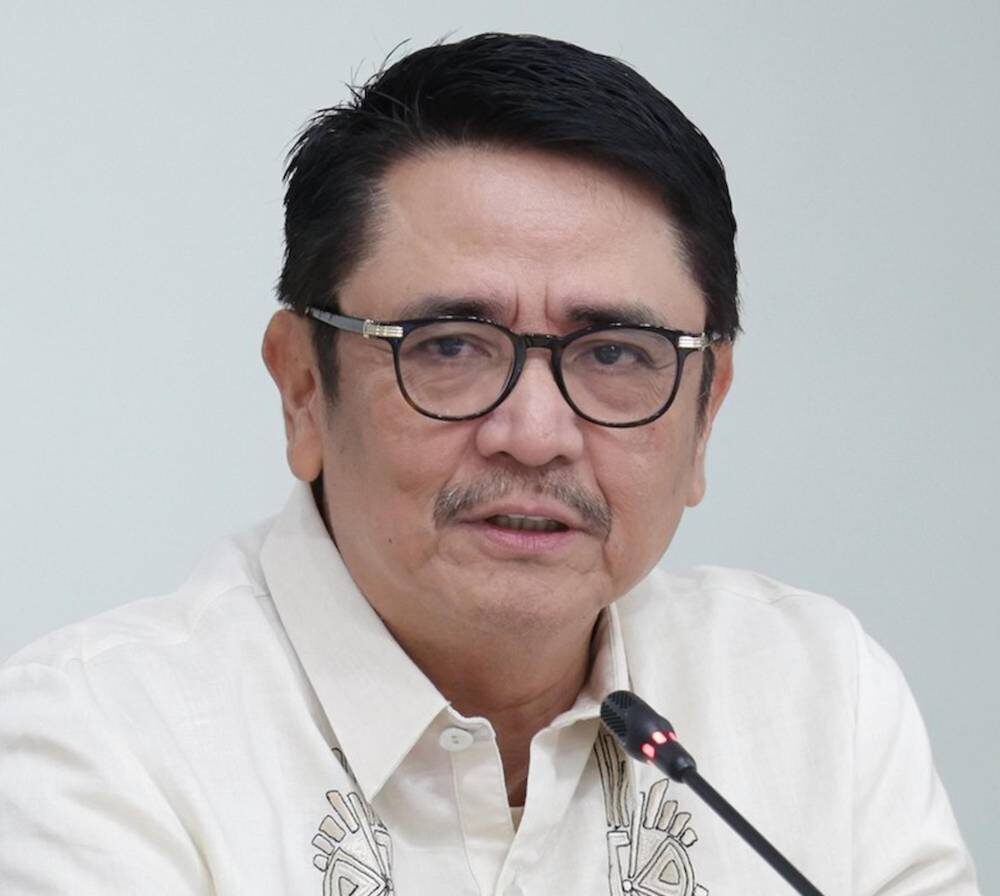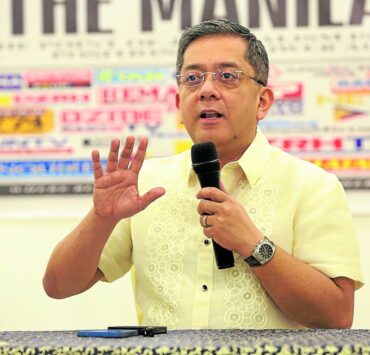Lawmaker: Defend voters from fake online accounts

Senior Deputy Speaker Aurelio Gonzales Jr. on Sunday called for a national effort to protect Filipino voters from “ghost,” or fake, social media accounts spouting “digital deception.”
The Pampanga representative cited the Reuters report that about a third of social media accounts discussing former President Rodrigo Duterte case in the International Criminal Court case were fake.
The report claimed that the fake and so-called troll accounts were used to defend Duterte following his arrest and deployed to manipulate online discourse ahead of next month’s midterm elections.
“We must defend the Filipino people not just from guns and goons, but from ghost accounts flooding their social media feeds with propaganda and deception,” Gonzales said.
The Reuters report, quoting Israel-based tech firm Cyabra, further stated that the fake accounts were being used in a “deliberate, organized” campaign to shape public perception around the coming elections.
“What we found in the Philippines isn’t just disinformation spike—it’s digital warfare,” said Cyabra’s chief executive Dan Brahmy in the Reuters report.
“These fake networks didn’t just show up—they shaped the conversation,” Brahmy said, adding that these accounts could gain about 54 million views. “If it’s happening this visibly in the Philippines, it’s naive to think it’s not happening elsewhere, too.”
Gonzales warned that the growing sophistication of digital manipulation posed a serious threat to the integrity of the country’s electoral process.
“When bots, trolls and fake profiles can reach millions of Filipinos and alter the truth with just a few clicks, democracy itself is under attack,” he said.
The lawmaker called on the Department of Education, the Commission on Higher Education and the Department of Information and Communications Technology to launch a joint national digital literacy program to help students and the public to identify and resist coordinated disinformation campaigns.
“It’s not enough to fact-check after the damage is done. We need to inoculate our people against lies and fake news—especially the youth who are most active online and most vulnerable to digital manipulation,” Gonzales said.

















